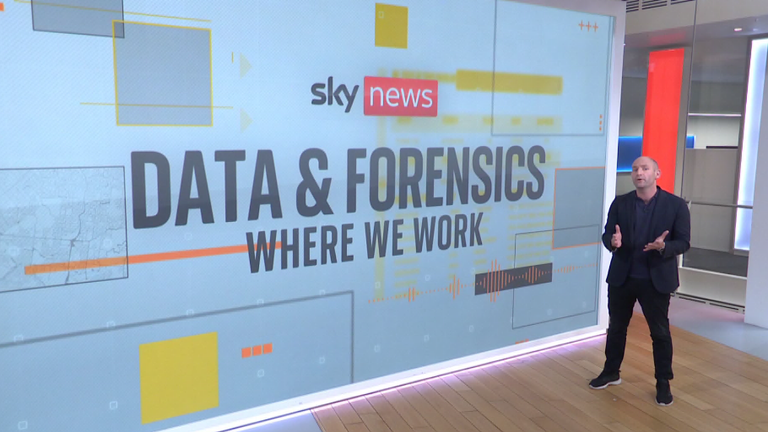The UK jobs market had more candidates going for fewer jobs last month with wages increasing more slowly than before, according to a closely watched survey.
May had the highest number of jobseekers in two and a half years as more people were made redundant and hiring slowed, a survey of 400 UK recruitment and employment consultancies from KPMG and the Recruitment and Employment Confederation said.
At the same time the number of jobs for candidates to fill fell for the third month in a row.
Wages still increased just at a slower pace than before as the cost of living and continuing shortages of skilled workers drove prices up.
Salaries had risen as competition for workers heated up, albeit at a lower rate than inflation.
Job vacancies had also risen to record levels as the number of economically inactive people – who are neither in nor looking for work – rose after the pandemic as people took early retirement and struggled with sickness. Employers had also struggled with labour shortages across industries.
Today’s figures suggest this may be changing.
The labour market has been resilient to slow economic growth – the UK economy contracted 0.3% in the month – and the unemployment rate had stayed near lows previously not seen since the 1970s at 3.9%, latest figures showed.
“Businesses delayed hiring decisions, and permanent staff appointments fell for the eighth month in a row as many employers stick to temps,” Claire Warnes, a partner at KPMG UK said.
Opportunities exist for permanent workers in the healthcare, financial and accounting sectors and for temporary staff in the hotel and catering industries, Ms Warnes added.
Read more:
WhatsApp adding Twitter-like ability to follow with new ‘channels’ feature
First-time crypto investors to be offered ‘cooling-off’ period under new rules
The survey results will be good news for the Bank of England who had expressed concern over wage inflation and the impact it has on overall inflation. Core inflation, the rate of price increases excluding volatile food and energy costs, rose to a 30-year high of 6.8% in April.
The central bank had been progressively raising interest rates in an effort to bring inflation down to 2%. It forecasts unemployment will peak at 5% in the coming years.
Official labour market statistics, including the unemployment rate, will be released by the Office of National Statistics next week.

